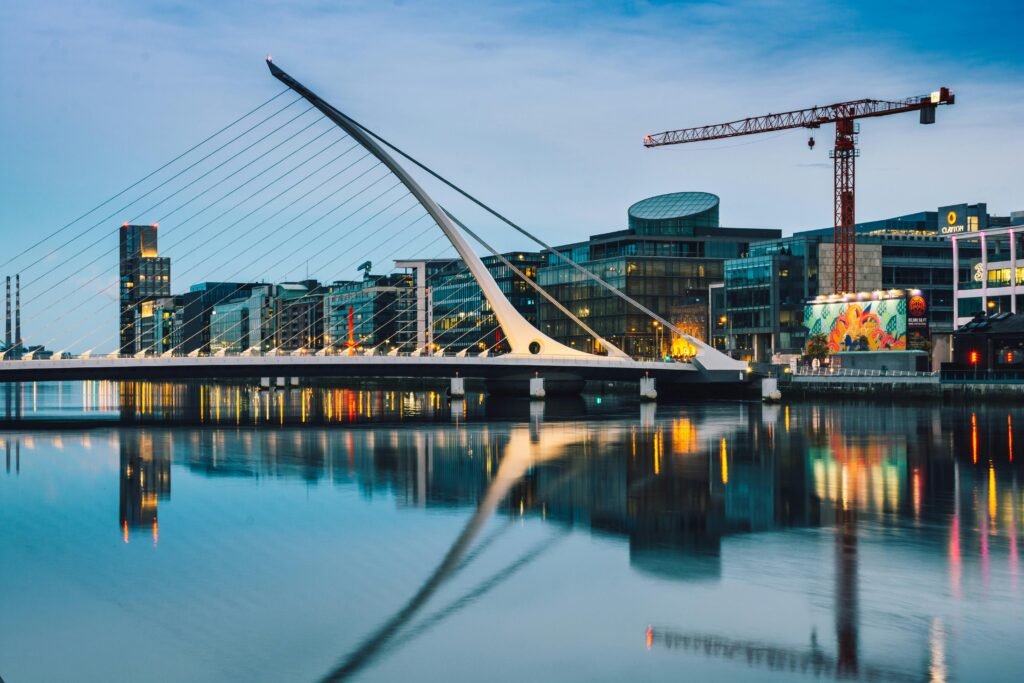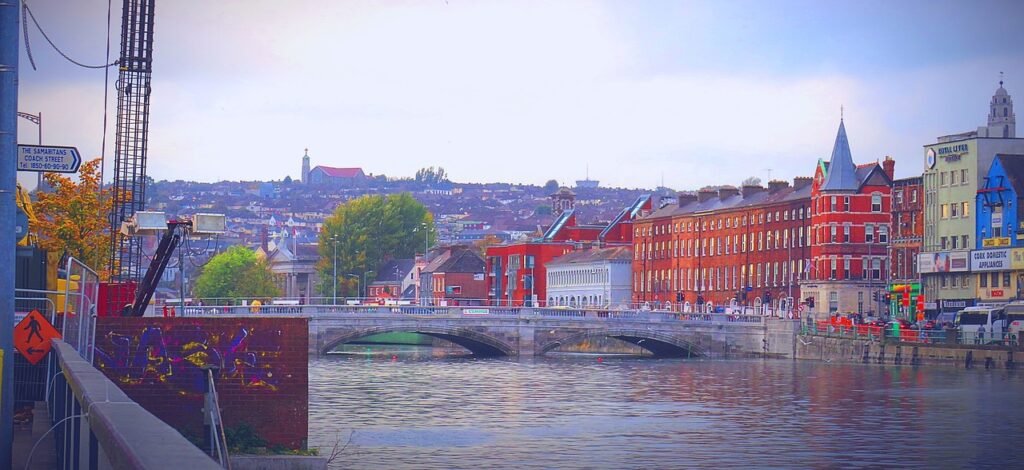Why Study in South Korea?
South Korea offers high-quality education in a dynamic and technologically advanced environment, blending rich cultural heritage with modern innovation. With a growing number of English-taught programs, especially in fields like engineering, business, medicine, and information technology, South Korean universities are increasingly popular among international students. Tuition fees are competitive compared to many Western countries, and the cost of living varies by city but is generally affordable, especially outside Seoul.
Students in South Korea benefit from rigorous academic standards, cutting-edge research facilities, and a vibrant international student community. The country’s strategic location in East Asia also provides easy access to neighboring countries like Japan, China, and Taiwan for travel and cultural exploration. Studying in South Korea opens pathways to career opportunities in one of Asia’s largest economies, with various post-study work visas and employment options for graduates aiming to build their futures in the region.
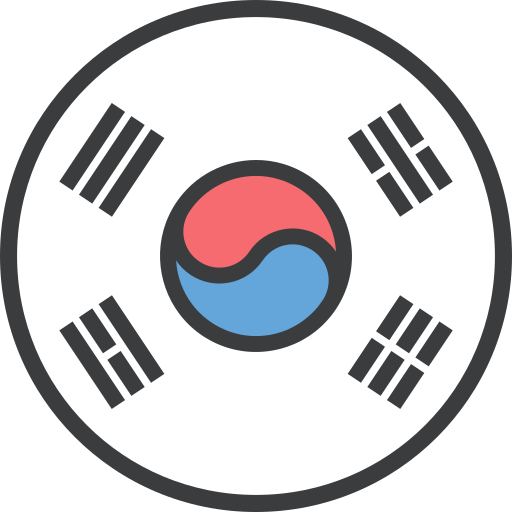
- Study in
South Korea
Study Programs in South Korea
Study Programs in South Korea for International (including Bangladeshi) Students:
Schooling / Primary & Secondary Education
South Korea offers a mix of public, private, and international schools. International schools generally follow curricula such as the American, British, or International Baccalaureate (IB) systems. Public schools provide high-quality education but mainly teach in Korean, which may pose challenges for non-Korean-speaking students. International schools charge tuition fees and cater to expatriate and international families.
Diploma & Vocational Programs
South Korea provides a variety of vocational education and training (VET) programs through specialized high schools and colleges. These focus on practical skills in areas like electronics, information technology, hospitality, healthcare, automotive technology, and business administration, aimed at preparing students for specific careers.
Bachelor’s Degrees
South Korean universities offer a wide range of undergraduate programs, many of which are now available in English, especially in fields like engineering, business, computer science, natural sciences, and international relations. Degrees typically take four years to complete and follow the Korean higher education framework, recognized internationally.
Master’s Degrees
South Korea is renowned for its strong graduate programs in engineering, technology, business, medicine, and the social sciences. Many universities offer English-taught master’s programs with competitive tuition fees, attracting students worldwide. Graduate studies emphasize research and innovation aligned with South Korea’s advanced industries.
PhD Programs
Doctoral education in South Korea is research-intensive and offered by leading universities. PhD candidates work closely with faculty on cutting-edge projects in science, engineering, humanities, and social sciences. Scholarships and research grants are often available to international students based on merit and research potential.

- Study in
South Korea
Step-by-Step Guide
🇰🇷 Step 1: Research Universities and Programs
Explore South Korean universities offering English-taught or Korean-medium programs. Look for institutions that match your academic background and career goals. Popular fields include engineering, business, medicine, computer science, and social sciences.
🇰🇷 Step 2: Check Eligibility Requirements
Review academic entry criteria, language requirements (TOPIK for Korean programs or IELTS/TOEFL for English programs), minimum GPA, and any program-specific prerequisites.
🇰🇷 Step 3: Prepare and Submit Applications
Apply directly via the university’s website or through platforms like the Korea University Admissions System (KUAS). Submit required documents including academic transcripts, CV, motivation letter, recommendation letters, and language test scores. Ensure translations into English or Korean if necessary.
🇰🇷 Step 4: Explore Scholarships & Funding Options
Look for scholarships such as the Korean Government Scholarship Program (KGSP), university scholarships, and other institutional grants. Many universities offer financial aid to international students, especially from developing countries.
🇰🇷 Step 5: Receive Offer and Accept Admission
Once accepted, follow the university’s instructions to confirm your admission. Pay any tuition deposit or administrative fees to secure your place.
🇰🇷 Step 6: Apply for Student Visa (D-2 Visa)
Apply for a South Korean student visa at the Embassy of the Republic of Korea in Dhaka. Submit your admission letter, financial proof (showing sufficient funds for tuition and living expenses, approx. $700–$900/month), accommodation confirmation, health insurance, and any other required documents.
🇰🇷 Step 7: Arrange Accommodation and Health Insurance
Secure student housing or private accommodation in South Korea. Obtain valid health insurance as required for your visa and stay.
🇰🇷 Step 8: Plan Travel and Arrival
After your visa is granted, book your flight. Keep all essential documents ready (visa, admission letter, accommodation details, financial proof) for immigration. Attend university orientation and pre-departure briefings if available.

- Study in
South Korea
Explore Our Partner Universities
Global Education Research Institute (aSSIST University)
Global Education Research Institute (Hanil University)
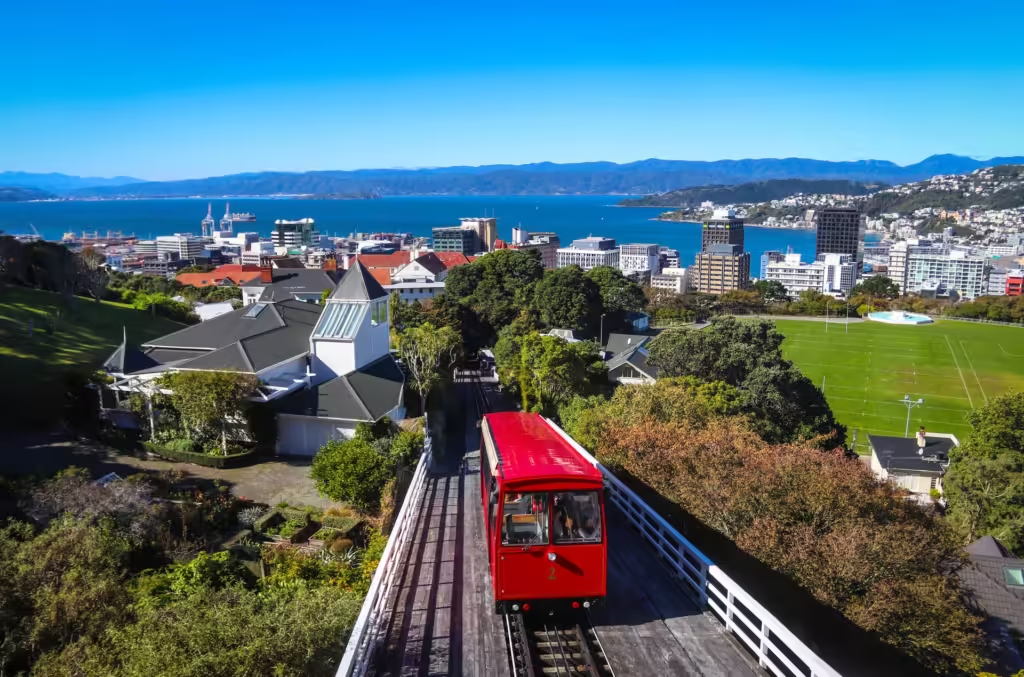

- Study in
South Korea
🇰🇷 Average Tuition Fees in South Korea (2025)
Primary & Secondary School (International Schools)
₩15,000,000 – ₩40,000,000 per year
International schools in South Korea offer curricula such as American, British, or IB programs. Public schools are free or low cost but teach mainly in Korean, which may not be suitable for non-Korean speakers.
Bachelor’s Degree (Public Universities)
₩4,000,000 – ₩8,000,000 per year (approx. $3,000 – $6,000)
Tuition varies by university and program. Humanities and social sciences tend to be more affordable, while STEM fields like engineering, medicine, and IT have higher fees.
Master’s Degree (Public Universities)
₩5,000,000 – ₩10,000,000 per year (approx. $3,800 – $7,500)
Many English-taught graduate programs are competitively priced, with strong offerings in technology, business, and public policy.
PhD Programs (Public Universities)
₩3,000,000 – ₩6,000,000 per year (approx. $2,300 – $4,500)
PhD programs focus on research and often provide scholarships or tuition waivers for eligible students.
Private Universities / Business Schools (All Levels)
₩8,000,000 – ₩25,000,000+ per year (approx. $6,000 – $18,500+)
Private institutions and specialized business schools generally charge higher tuition fees. MBA and executive education programs can be significantly more expensive depending on the school.
Visa Categories for Study in South Korea
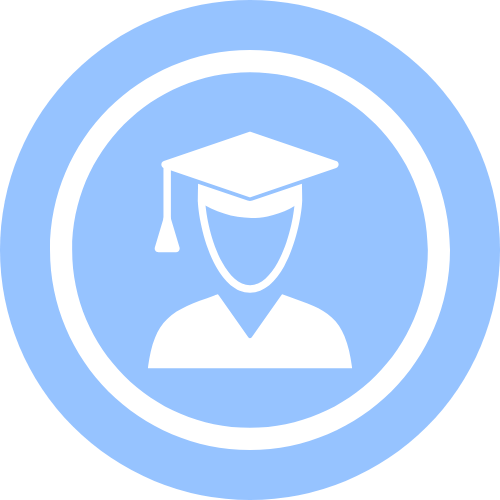
D-2 Visa (Regular Student Visa)
For international students enrolled in undergraduate or graduate degree programs at universities or colleges.

D-4 Visa (General Training Visa)
For language training, preparatory courses, or other non-degree programs (e.g., Korean language schools).
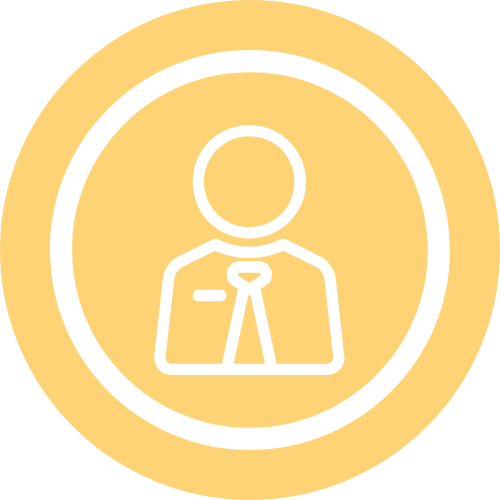
D-1 Visa (Study Abroad Program)
For students participating in exchange programs or study abroad programs.
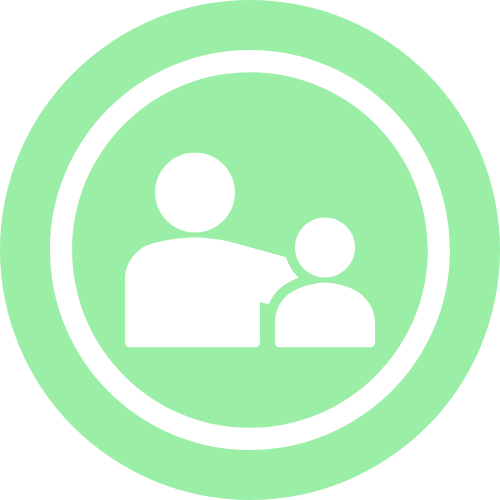
G-1 Visa (Special Cases)
Issued in some special situations related to study or research but not common for regular student admissions.
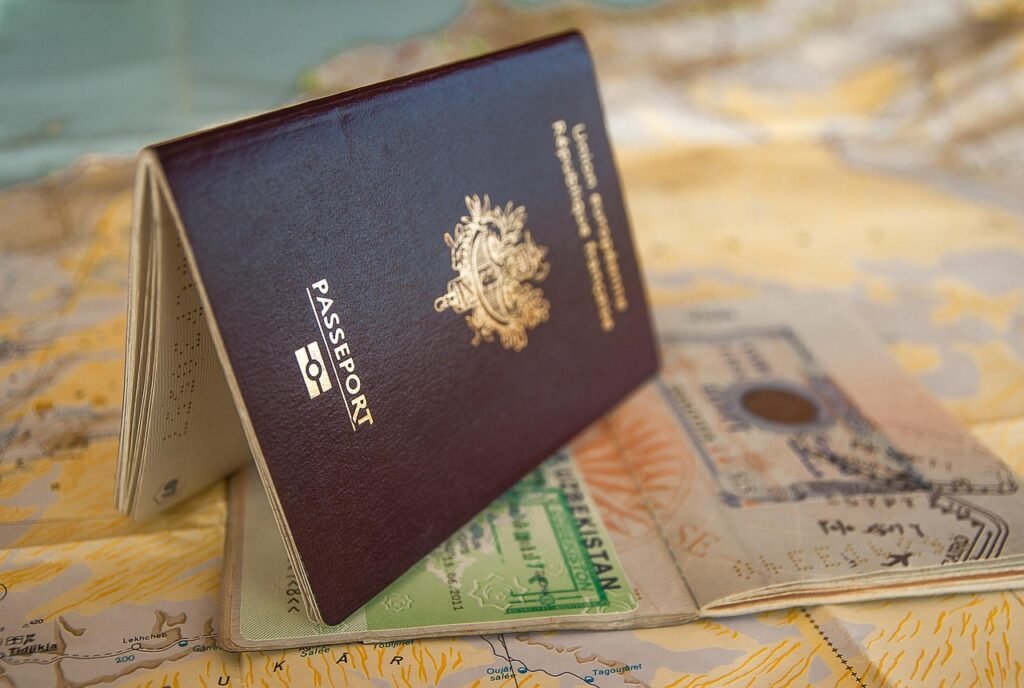
Visa Application Checklist
South Korea Student Visa Application Checklist (Bangladesh)
Completed Application Form
Fill out and sign the South Korean Student Visa (D-2) application form, available on the Embassy of South Korea in Bangladesh website.
Valid Passport
Must be valid for at least 6 months beyond the intended stay in South Korea and contain at least two blank pages.
Admission Letter
Official letter of acceptance from a South Korean university or higher education institution confirming full-time enrollment in an accredited program.
Proof of Financial Means
Evidence you can financially support yourself during your stay, such as:
Bank statements showing funds of approximately ₩10,000,000 (KRW) or equivalent per year,
Scholarship award letters, or
Financial guarantee from a parent or sponsor.
Proof of Accommodation
Documents showing your housing arrangements in South Korea, such as dormitory confirmation, rental agreement, or host invitation letter.
Passport-Sized Photographs
Two recent passport-sized photos meeting South Korean visa photo specifications.
Travel Itinerary
Flight booking or tentative travel plan (recommended but not always mandatory).
Health Insurance
Proof of valid health insurance coverage for your entire stay in South Korea.
Academic Certificates and Transcripts
Copies of previous educational qualifications (diplomas, transcripts, certificates) relevant to your chosen course.
Language Proficiency Proof
If required by your university, submit proof of proficiency in Korean (TOPIK) or English (IELTS/TOEFL), depending on the language of instruction.
Police Clearance Certificate
A certificate of good conduct issued by Bangladesh Police, translated into English or Korean and notarized if required.
Medical Certificate
Issued by a registered physician confirming good health and freedom from contagious diseases (translated if not in English).
Parental Consent (If under 18 years old)
Notarized permission from parents or legal guardians for minors, translated into English or Korean.
Payment Receipt of Visa Fee
Proof of visa application fee payment (typically around 50,000 to 70,000 KRW, or local equivalent).
Biometric Data Submission
Attend the visa application center (VFS Global or Embassy) in Dhaka for biometric data collection as per instructions.
Additional Notes:
All documents not in English or Korean must be officially translated.
Originals may be requested during the visa interview.
Carry photocopies of all submitted documents as per embassy/VFS requirements.

- Study in
South Korea
Job and PR Pathways After Study
🇰🇷 Job and PR Pathways After Study in South Korea
Post-Study Job Search Period
After graduating from a South Korean university, international students on a D-2 visa can apply for a job-seeking visa (D-10), which allows them to stay in South Korea for up to 6 months to look for employment related to their field of study or start a business.Employment Opportunities
South Korea’s advanced economy offers opportunities in sectors like technology, engineering, manufacturing, finance, healthcare, and IT. Major cities such as Seoul, Busan, and Incheon have many multinational companies and startups where English-speaking professionals are in demand. Proficiency in Korean can significantly increase job prospects.Work Visa (E-series Visas)
Once you secure a job offer, you can apply for a relevant work visa (such as E-7 for special occupations or E-2 for English teaching). These visas permit legal employment and residence in South Korea. There is also an option for self-employment or entrepreneurship through specific visa categories (like D-8 for business investors).Permanent Residency (F-5 Visa)
After continuous residence in South Korea—usually 5 years on work or student visas, or less under certain points-based systems—you may apply for permanent residency (F-5 visa). This status grants broader rights to live and work without additional visa renewals and access to social benefits.Pathway to South Korean Citizenship
You may apply for naturalization and South Korean citizenship after 5 years of continuous residence, passing Korean language and culture tests, and meeting other requirements such as income, conduct, and integration. Special naturalization routes may apply for exceptional cases.

- Study in
South Korea
Our Support During the Process
We’re with you at every step — from your first consultation to settling into life in South Korea and beyond, ensuring a smooth, informed, and successful journey.
Personalized consultation at every stage — We take the time to understand your academic goals, financial background, and personal preferences to guide you toward the best-fit study options in South Korea.
One-on-one support for admission, visa, and travel — Dedicated assistance with university applications, document preparation, student visa submissions, and travel planning to South Korea.
Always accessible — Connect with us via call, WhatsApp, email, or in person — whichever communication method works best for you.
Regular updates, reminders, and document reviews — Stay on track with timely updates, important deadline alerts, and expert review of your application documents to minimize errors or delays.
Post-arrival check-ins and alumni mentoring — We continue our support after you arrive in South Korea, offering guidance and linking you with alumni who have successfully settled there.
Support for job search and PR planning — Get tailored advice on finding jobs in South Korea, preparing your CV/resume, and exploring post-study work permits and long-term residency options.




